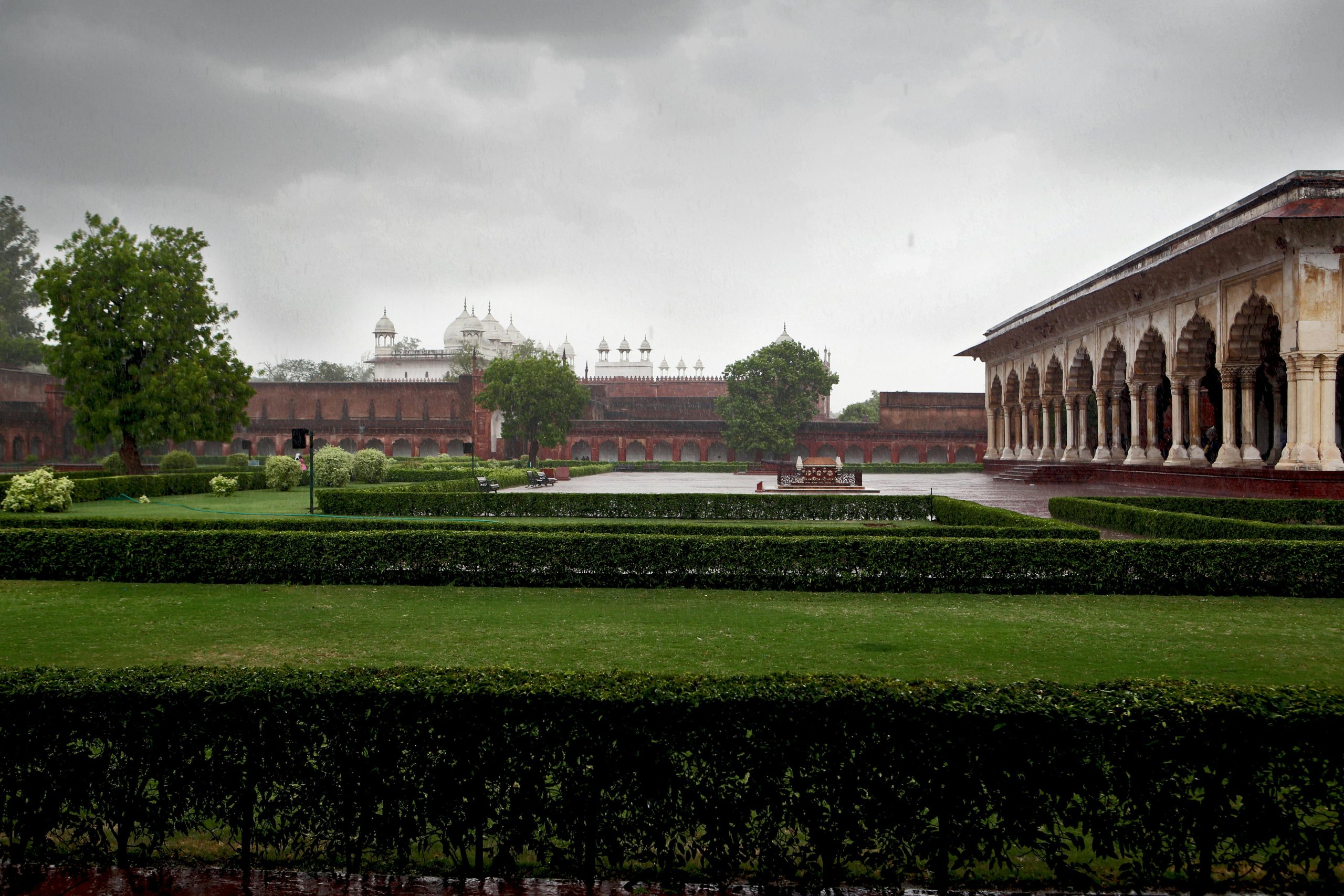Encounter with Kensington Palace Gardens Security: Do They Really Have the Authority?
While enjoying a morning walk down Notting Hill Gate towards Hyde Park, I stumbled upon a picturesque view of the gates and foliage surrounding Kensington Palace Gardens. Captivated by the scene, I decided to capture the moment from across the street. However, what followed was an unexpected encounter with a large security guard who quickly approached me, insisting that I delete the photograph as “photos were not allowed” on what was deemed a private road.
Curiously, as he brusquely enforced this rule, I noticed the absence of any signage prohibiting photography. Instead, prominent red ‘pedestrian access’ signs were evident, accompanied by several people casually walking through the area. Although I didn’t see the need to argue over a couple of snapshots, pressing issues of legality and authority loomed in my mind.
Upon complying with the request, which involved permanently erasing the images from my recently deleted folder, I began to question the legitimacy of this encounter. It hadn’t crossed my mind at the time, but subsequent online research suggested that this photography ban isn’t legally binding. Was I wrong or simply coerced by intimidation?
While I didn’t explore further at the moment and had no attachment to the photos, this interaction sparked a curiosity about the actual power these security personnel wield. Are they merely enforcing unofficial rules through pressure tactics? Have others been in similar situations, and more importantly, what rights do we truly have when faced with such demands?
If anyone has insights or experiences regarding security authority in such settings, your thoughts would be greatly appreciated.


Understanding Your Rights and the Role of Security in Public Spaces
It’s quite common to encounter confusion around security personnel’s authority, especially in prominent areas such as Kensington Palace Gardens. While security staff are tasked with safeguarding private property, their powers are often mistaken for legal authority over public or semi-public spaces.
In the UK, private security personnel generally do not have the legal authority to demand the deletion of photographs unless they are acting within specific legal frameworks or on private property with clear signage indicating restrictions. Since no signage explicitly prohibited photography in this case, their insistence appears to be based more on policy or personal discretion rather than enforceable law.
It’s important to remember that:
Sharing experiences like yours highlights the need for clear signage and consistent policies to prevent unnecessary confrontations. As residents, awareness of our rights and the limitations of security authority helps us navigate these situations confidently. London’s rich history and public spaces should remain accessible to enjoy and